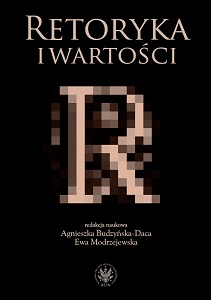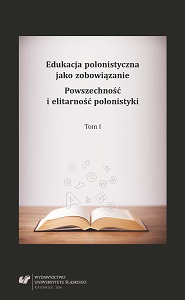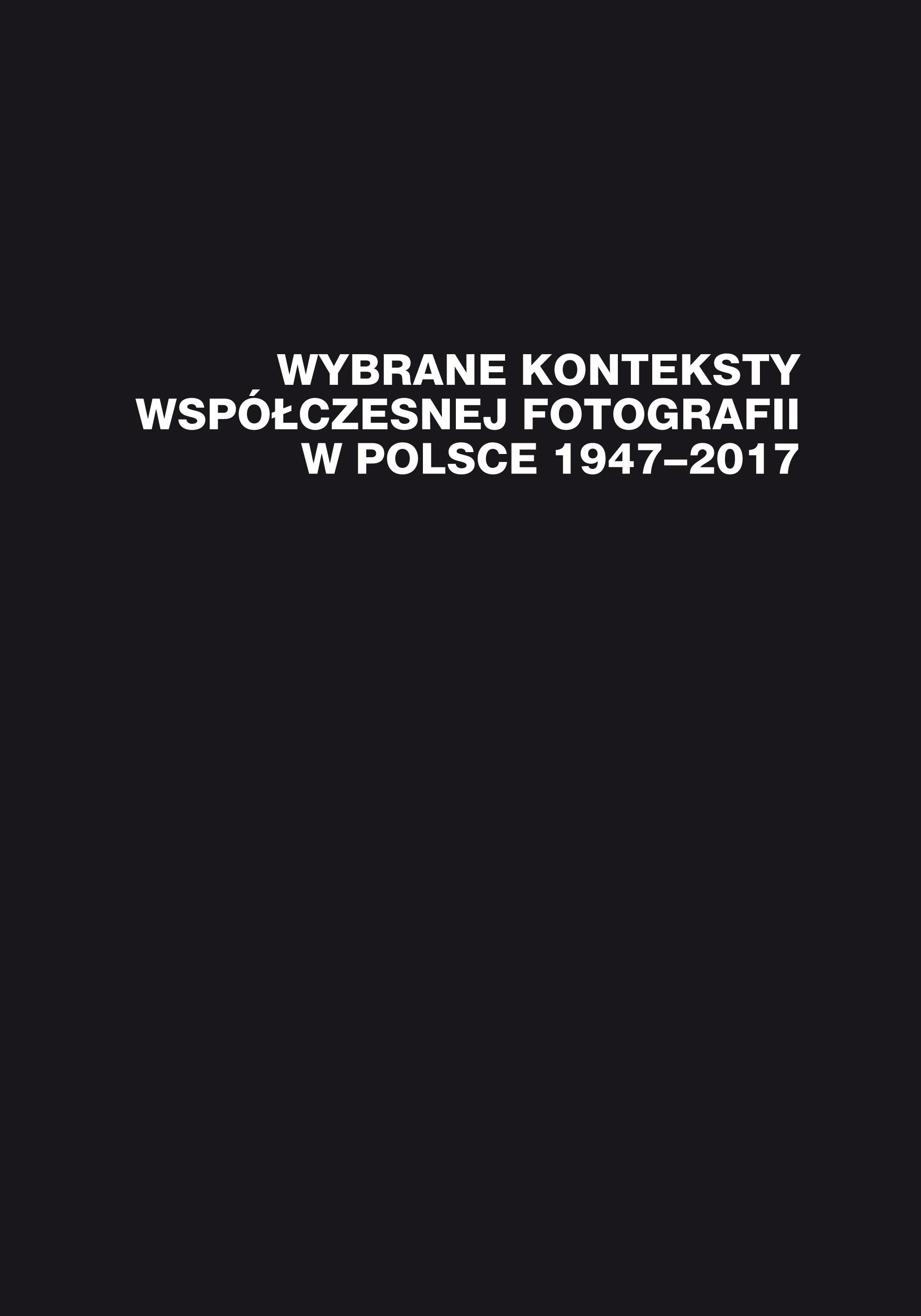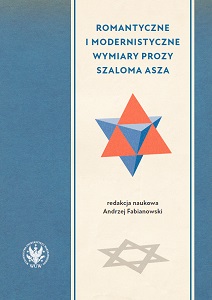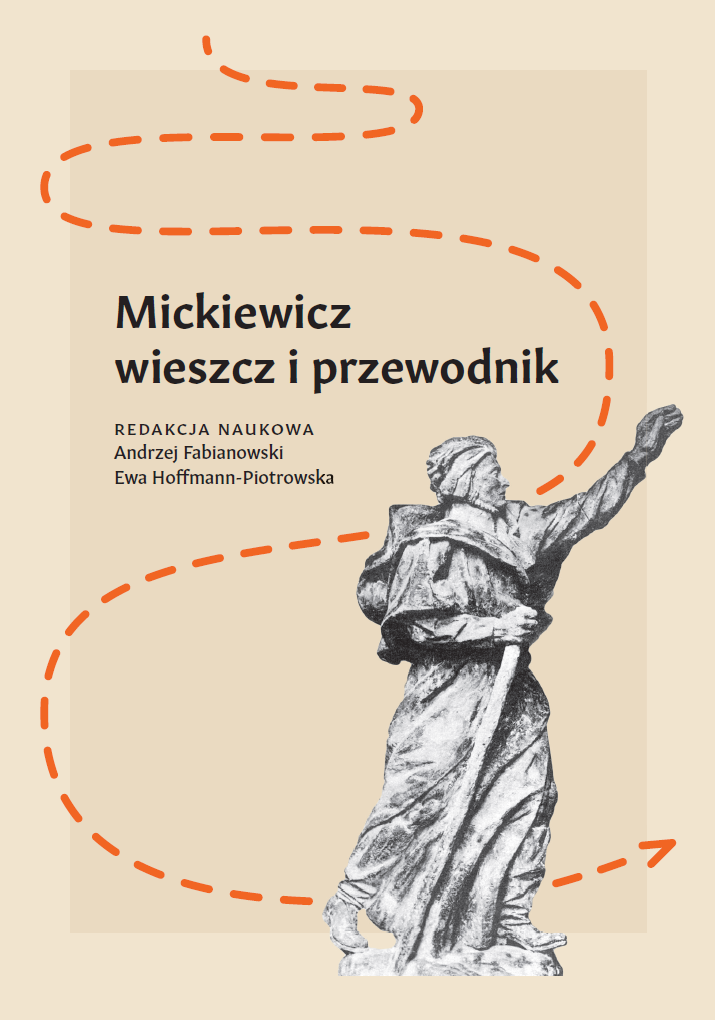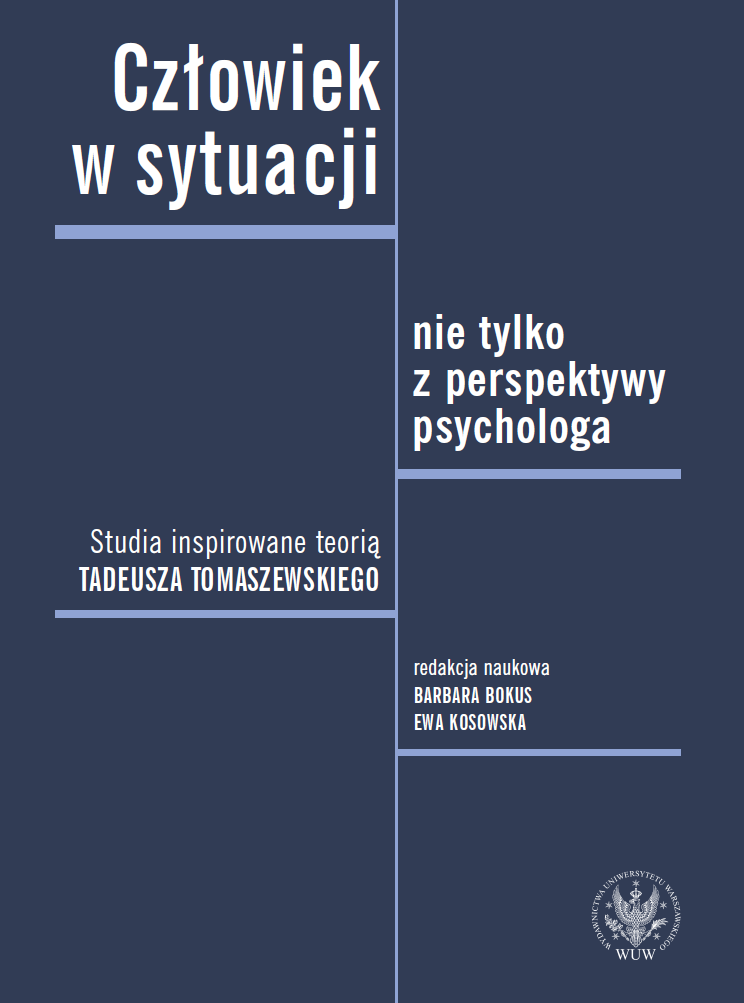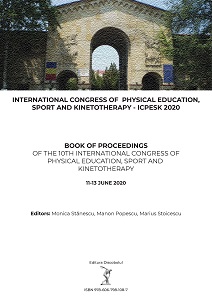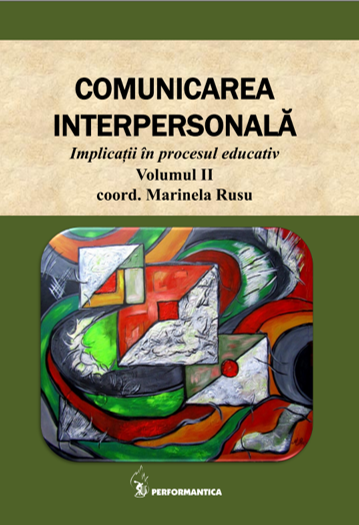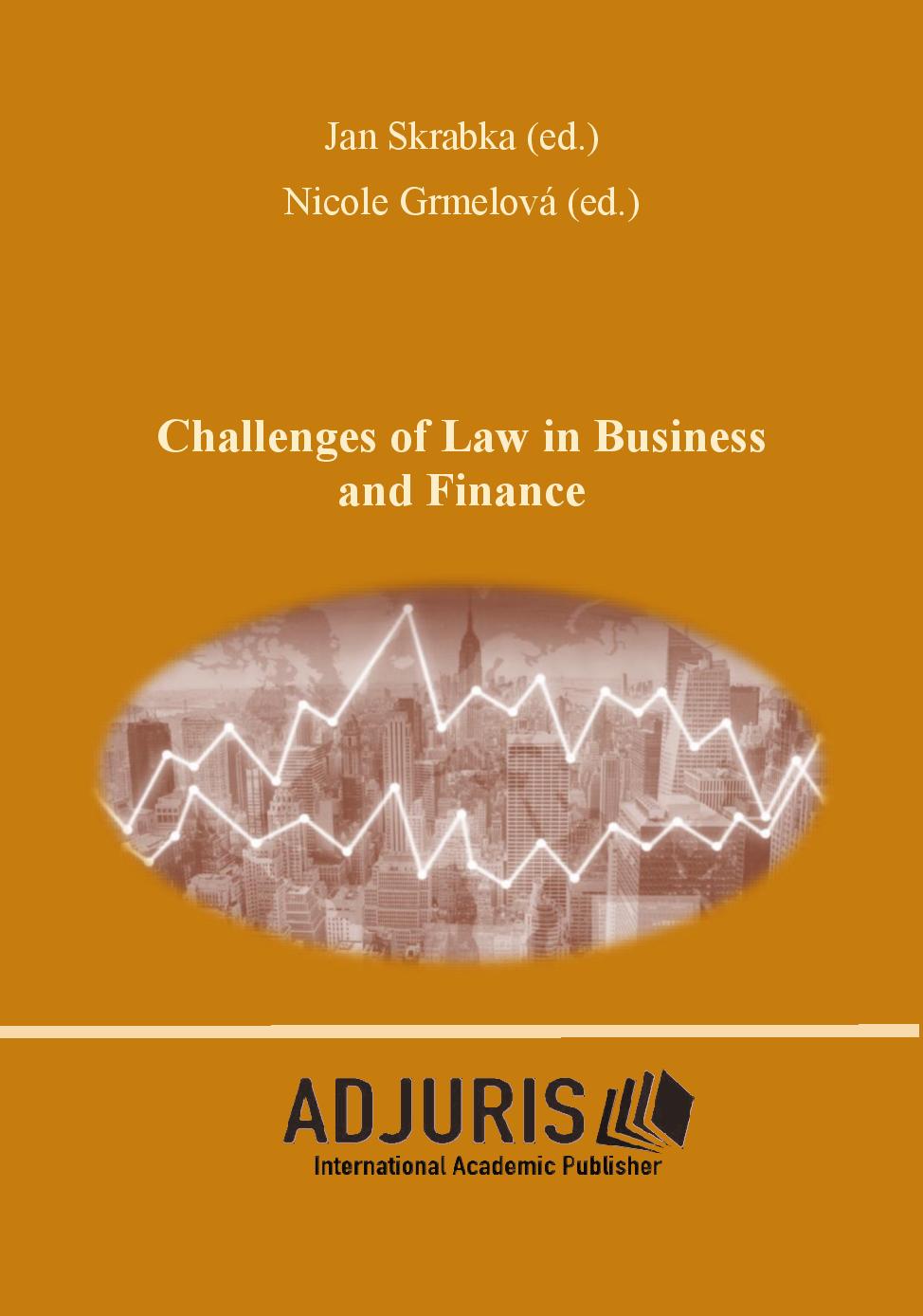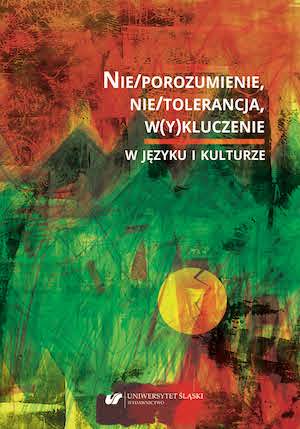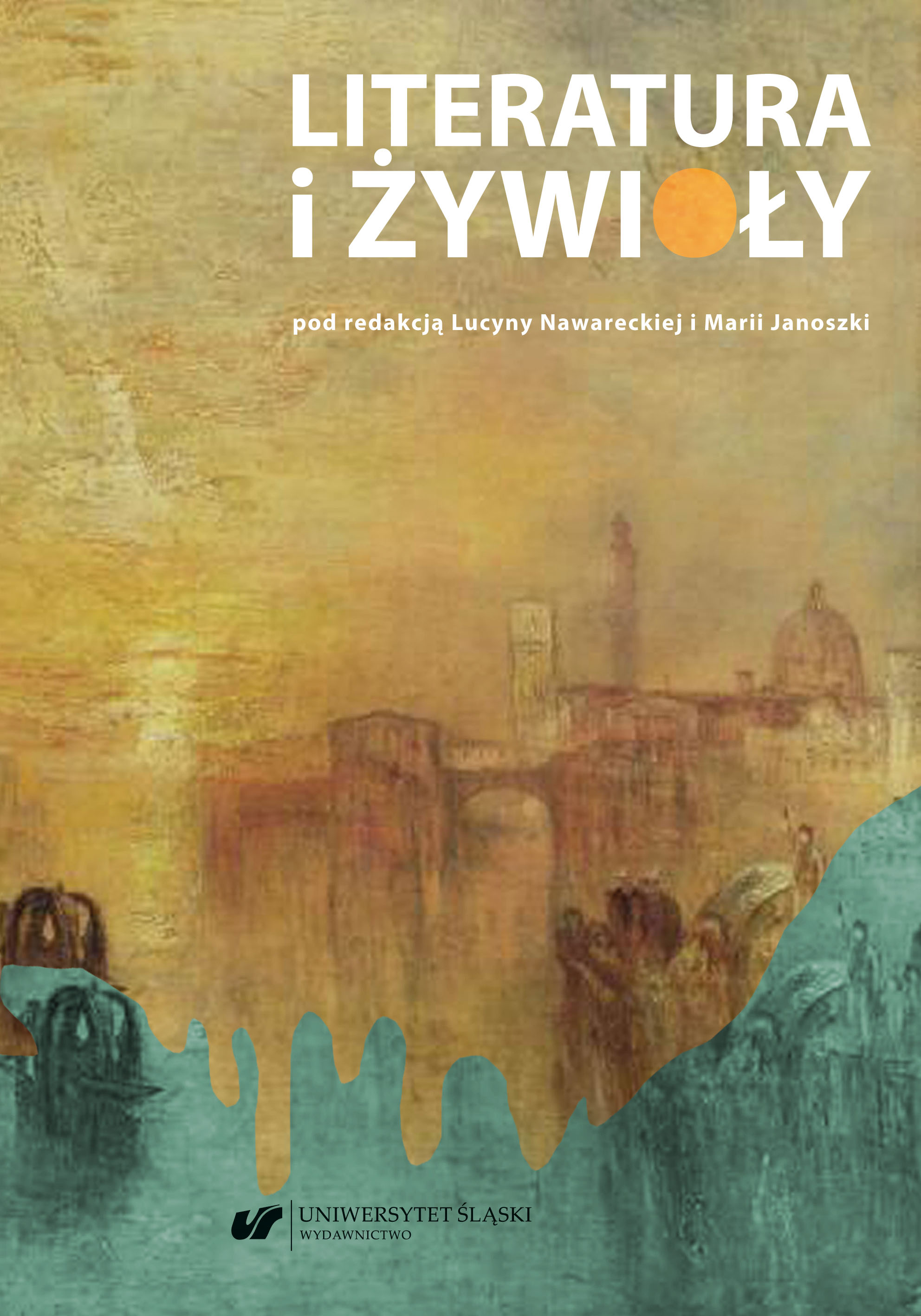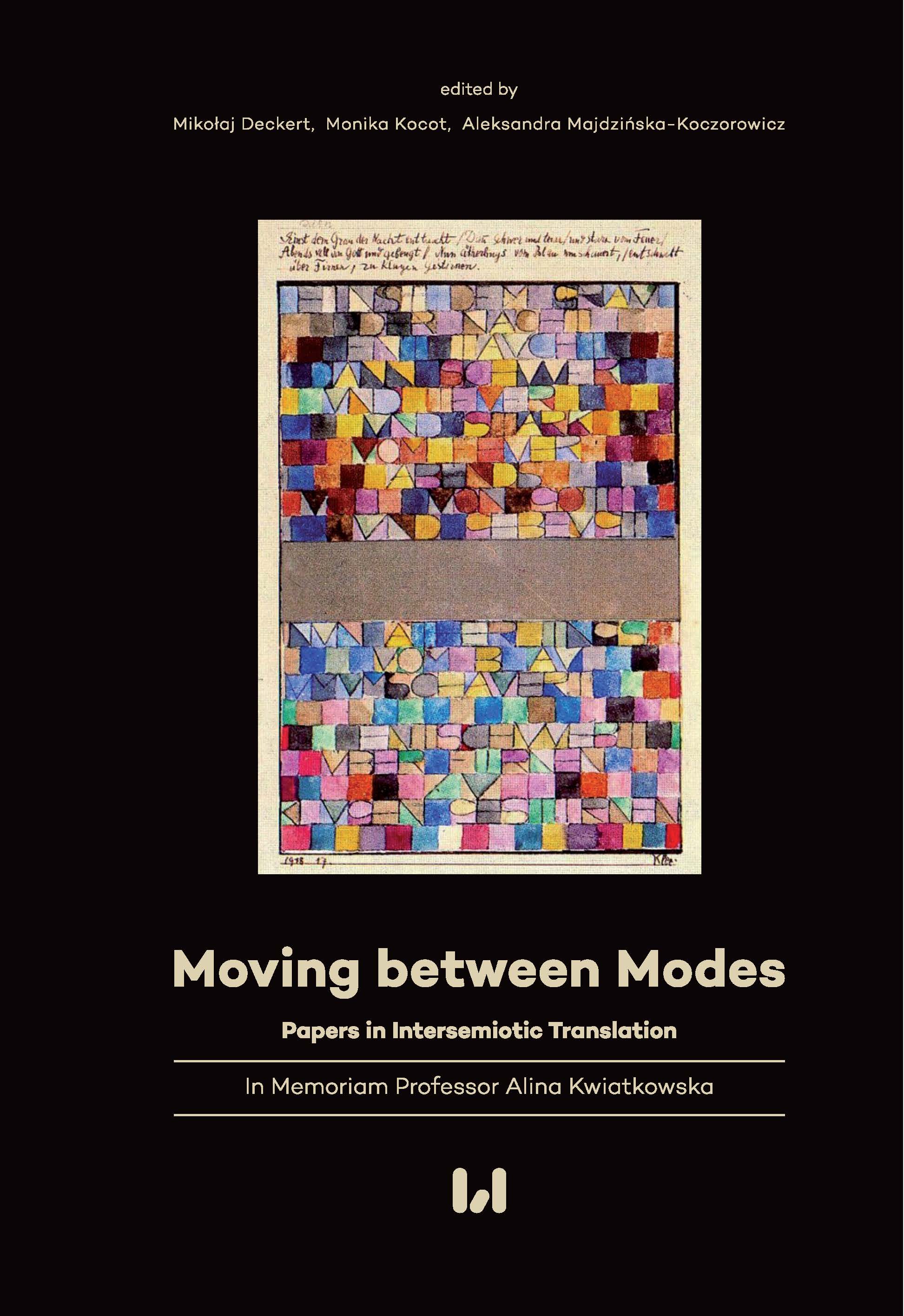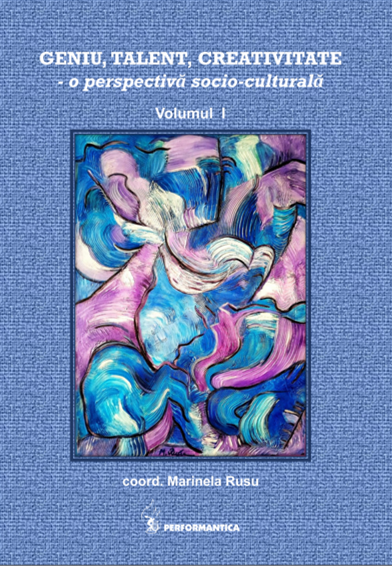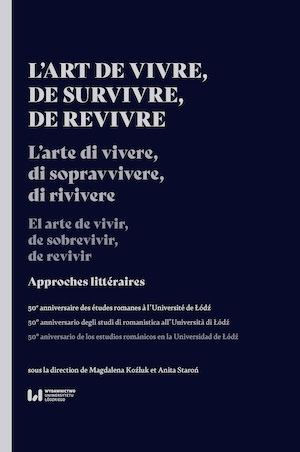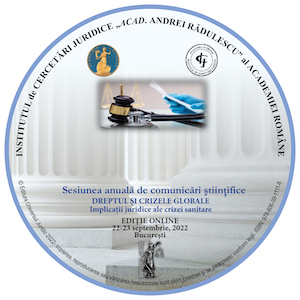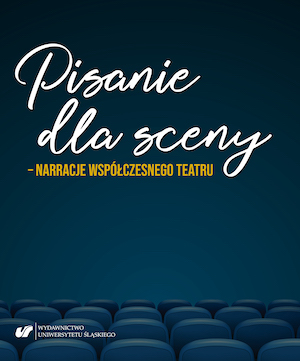
Vector Narratives. Ideological Contexts in Stage Adaptations of Literary Texts
Narracje wektorowe. Konteksty ideowe w scenicznych adaptacjach tekstów literackich
Keywords: the dramatic; the postdramatic; politics; engaged art;
The article; referring to the reception of The Curse directed by Oliver Frljić and The Painted Bird directed by Maja Kleczewska; constitutes a discussion of ideological debates conducted in the area of culture in Poland. The clash of the conservative and liberal visions of politics resulted here in the so-called “war for culture;” which is particularly apparent in context of institutionalized theatre. The author; relating to the programme declarations of artists; notices that the way in which they treat art is connected with their worldview. It influences not only the formal organization of stages or the content presented there; but also the poetics of spectacle; which results from a particular attitude of artists and organizers of the scenic art towards the theatrical text. In the conservative version; this means being faithful to the author; in the liberal – respecting the performative openness written into the practice of post-dramatic theatre. The author indicates; on the other hand; that the dramatic; colliding different visions; reveals itself at different levels of the spectacle. Realizing the main task of art; i.e. undermining the discourses dominant in the contemporary world; vector narrations collide together diametrically opposed view. Thus they contribute to revealing “the drama of our times” (Theodor Adorno) and dispose of the aesthetic formula of art in favour of engagement. Making use of the dramatic tensions within the portrayed world; as well as between the presented content and the audience’s expectations; they show the possible multiplicity of voices and activate the viewers – they force them to make individual interpretative choices.
More...
